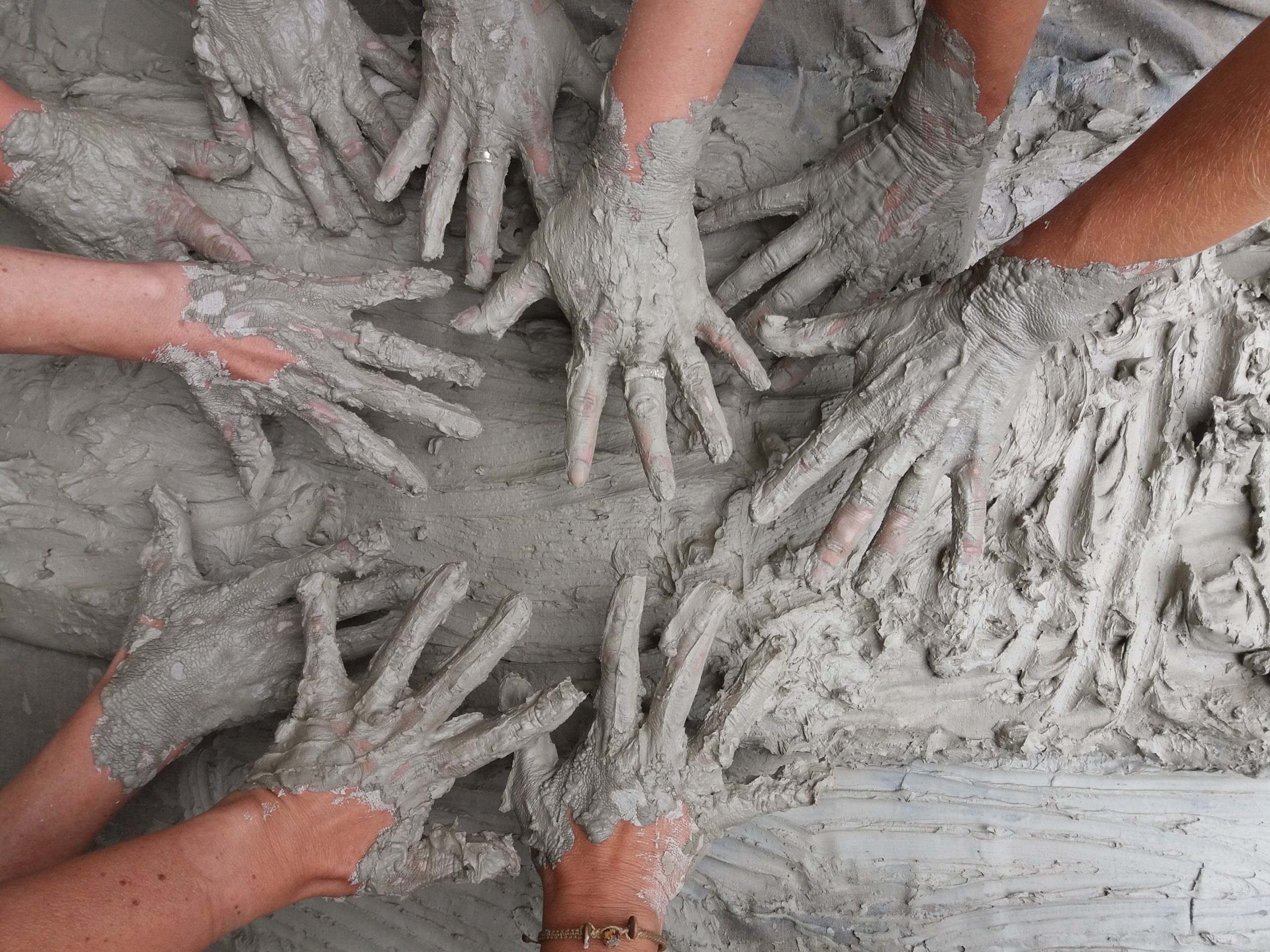Dirt. Is it a dirty word? Is it really “dirty” like we consider “dirty” today? When I think of something dirty I think of something really gross. Of course I am a mom and I work with small children, so the bar on what qualifies as gross is pretty high. But dirt isn’t really gross dirty, it is just dirt dirty.
That probably doesn’t make sense.
Or maybe it does.
You might think I am going to talk about immunity and how we have overprotected our children from bacteria and disease. Maybe it seems I am going to argue that playing in dirt allows children to build up their immune systems.
Which has been proven to be true. Did you know that the five second rule might really be accurate? It has been argued that it is almost impossible for dangerous pathogens to attach to food in the five seconds it may rest on the floor but while there, other immune boosting microbes will attach instead.
So I can argue that dirt is good for the immune system. But I am not. Not really.
You might think I am going to dial in on the sensory processing or grip strength developing goodness that takes place when we use our hands to manipulate gooey or gritty mud and dirt.
But that’s not what I am getting at either. Instead, I want to talk about how dirt is good for cognition, acts as an anti-depressant and can positively alter our stress response.
Shut the front door!!!
Yes. Beyond being an immune booster, grip strength builder and sensory challenger, dirt is actually a really good thing for our brains. Remember mud pies? The most delectable of all dirt without a doubt. But most children today haven’t experienced real mud pie making. So they have missed out on this natural stress reliever, brain and mood booster.
Dirt contains a microbiome called Mycobaterium Vaccae, which also goes by the mighty nickname M. Vaccae. This microbiome is harmless and very common, found in soil everywhere. And in 2004 one researcher stumbled upon some of its extra beneficial properties. Relying on the immune boosting power of dirt, she thought that perhaps injecting M. Vaccae into her cancer patients might help them fight the disease. Sadly she was not successful, but what she did discover was that her patients’ quality of life was vastly improved post injection. They were happier, had better cognitive function and felt more vital despite the rigorous toll of cancer.
Another researcher in 2017 found that M. Vaccae played a role in response to stress. When mouse subjects were injected with the bacteria, and placed in stress tests the mice responded almost as if they were on anti-depressants, quite unlike their counterparts who were not injected with the bacteria and were highly stressed during the tests. What the researchers found was that the bacteria caused the brain to release serotonin. In fact they found that not only were the neurons responsible for activating the release of serotonin stimulated, so were neurons that are closely related to immune response, some unique proof that stress and our immune system are closely tied.
I mentioned cognitive skills too didn’t I? Another set of researchers fed mice M.Vaccae laced peanut butter sandwiches and set them loose in mazes. Those who had eaten the bacteria laced sandwiches performed far better on mazes, racing through them more rapidly than their peers who did not have a dirty sandwich. Scientists believe this is happening because the bacteria stimulates the hippocampus which is tasked with spatial memory as well as memory in the executive brain which helped them focus.
So what is the take away? Get dirt-dirty! Let that immune boosting, sensory challenging, grip strength building take place in the curious world of dirt. Let kids get dirt-dirty and absorb that wonderful brain and mood boosting, stress releasing goodness while exploring with all their senses!!!!
Photo by Karen Maes on Unsplash
